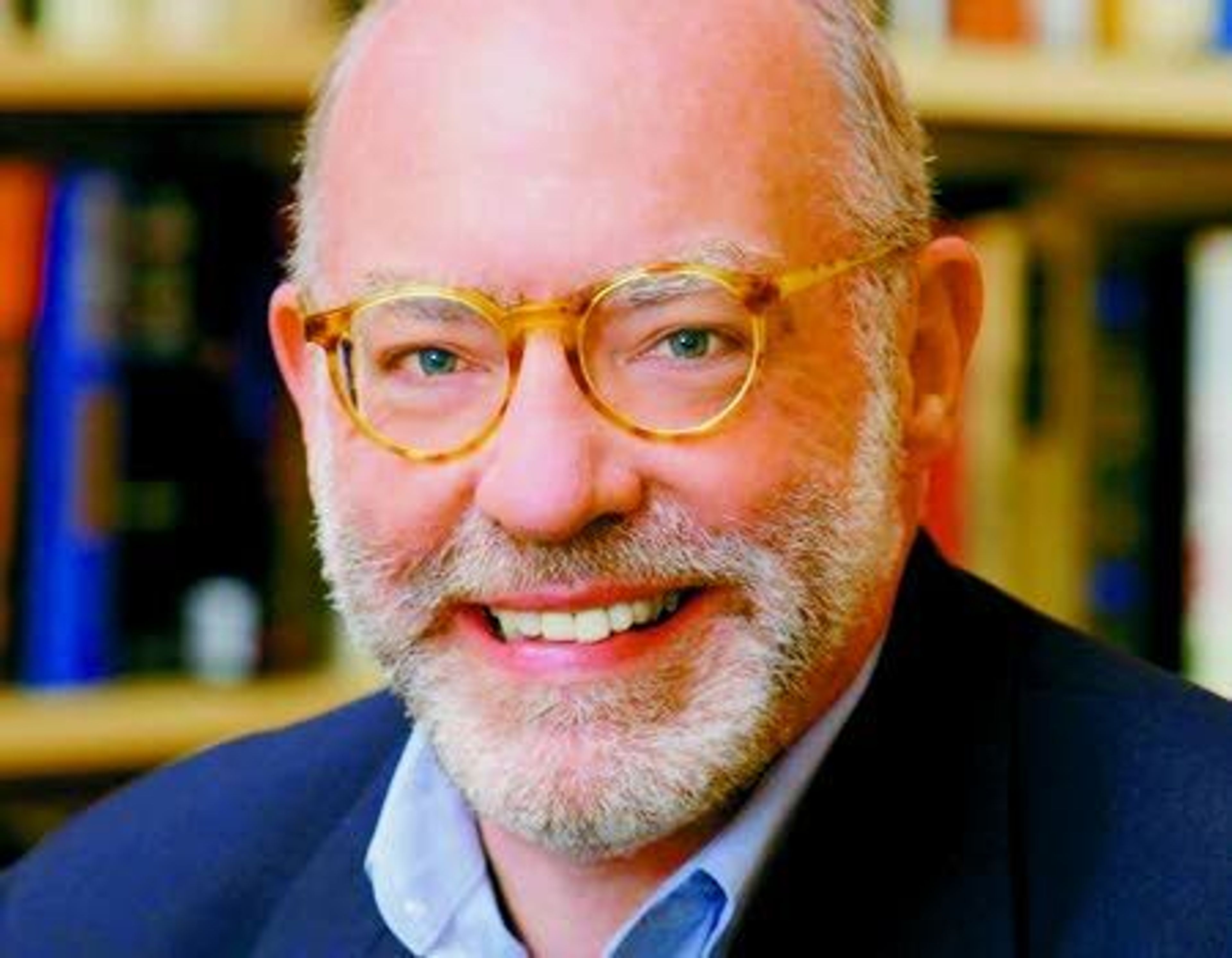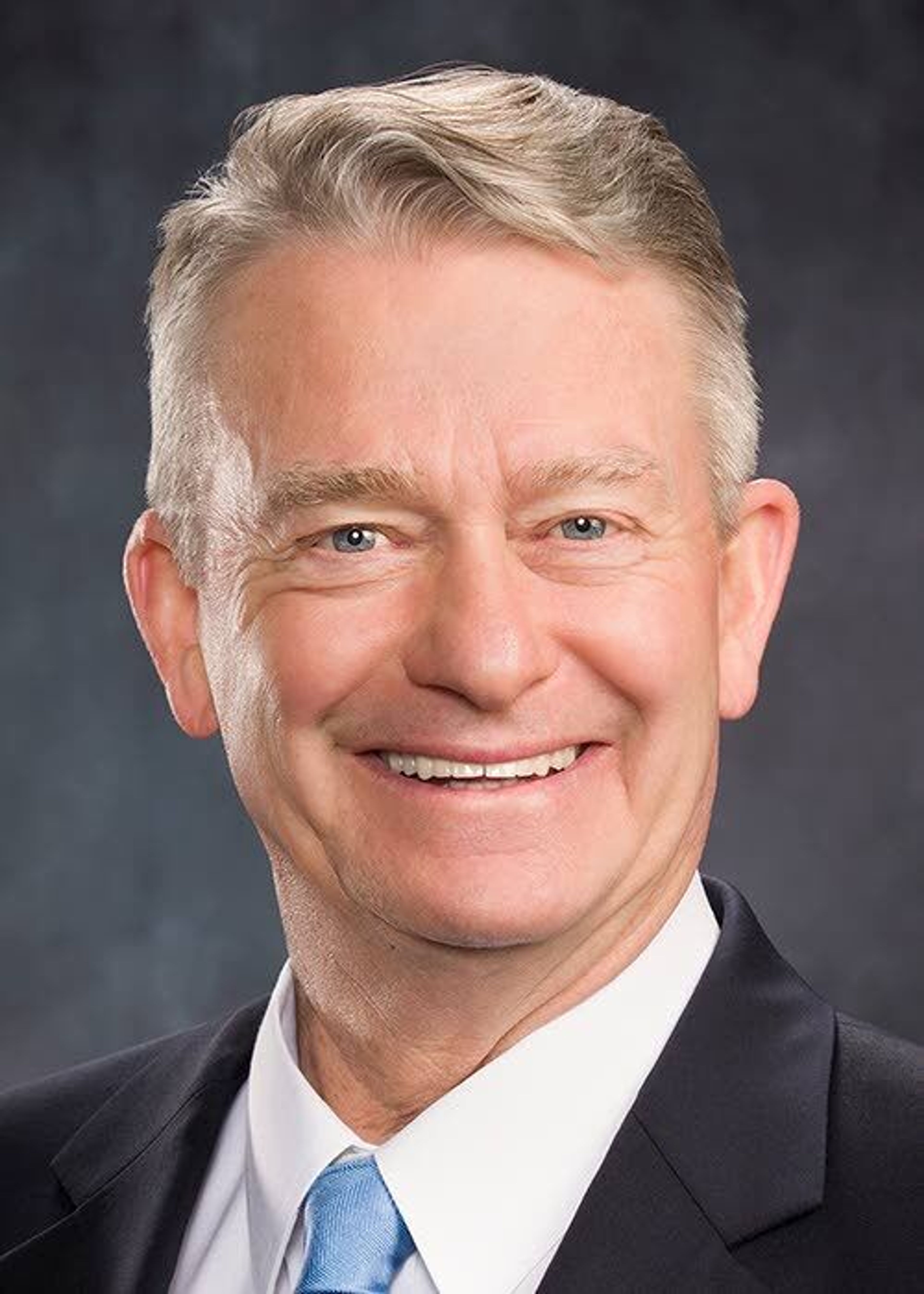As COVID-19 stretches resources, ethical questions draw scrutiny
Two WSU professors discuss ethics of rationing health care resources during a pandemic
PULLMAN — In its first online installment, Washington State University’s Foley Institute hosted a live discussion between two in-house experts regarding the ethics of allocating scarce health care resources during a pandemic.
Cornell Clayton, director of the Foley Institute, began the discussion by outlining the conditions facing many health care workers around the globe.
“Throughout the world, health care systems are being taxed to their brink — in Italy, France, Spain and elsewhere, patients are dying as they wait to get into overcrowded hospitals and ICU facilities,” Clayton said. “Here in the United States, the Society for Critical Care Medicine has estimated that as many as 900,000 ventilators may be needed, when the nation only has 200,000 of these.”
WSU philosophy professor and ethicist William Kabasenche said when health care crises like the COVID-19 pandemic strike, health care workers must grapple with and reconcile two very different kinds of ethics.
The first of these, he said, is the familiar, day-to-day ethics doctors and nurses deploy on a regular basis. He called the first of these “clinical medical ethic,” which he described as more centered on individual patients. This mode of ethics respects patient autonomy, considers their health care goals and those of their family and generally seeks the best possible outcome on an individual basis.
However, in the event of a health care crisis like the pandemic facing the world today, he said another ethic begins to emerge that is more concerned with the collective well-being of many patients. He said if hospitals are overwhelmed with patients who require a ventilator, physicians may be faced with choosing to save a patient with better chances of survival over others in more severe condition.
He framed the question as a hypothetical scenario where “patient A” is significantly sicker than “patient B” but both require a ventilator or they will die.
“There’s an awful lot of consensus that in a situation like that, the best thing that we can do in this tragic circumstance is to allocate the ventilator to patient B,” Kabasenche said. “If we were to allocate the ventilator to patient A, what we might end up with is two deaths instead of one, but if we allocate the ventilator to patient B, we have a — statistically speaking — somewhat better chance of having only one death occur in that circumstance.”
Dr. Carlton Heine, associate professor with WSU’s Elson S. Floyd College of Medicine and a practicing emergency medicine physician in Spokane, said ventilators are only the beginning of the problem when it comes to scarcity in hospitals. He said if the health care system is overwhelmed, doctors will also be forced to ration medications and even personnel.
He said even when you isolate the conversation to ventilators, it paints a sobering picture of what rationing health care truly means. He said in a typical week, the hospital where he works may have two patients who need a ventilator to help them breathe and they’re usually taken off the machine in a day or two. However, he said COVID-19 patients come in at a different rate — rather than two a week, it might be two a day and these patients may need the support of a ventilator for 10 to 20 days. Further, he said these patients are complicated respiratory cases that require sophisticated care from a team of physicians, intensivists, nurses and technicians, which just would not be viable in an emergency room that is packed with patients with similar needs.
“This is part of why the social distancing and trying to reduce the number of infections that happen all at once is so critical for our ability to continue to take care of these patients,” Heine said. “If we get to this point where we don’t have enough resources, it’s going to be really hard because some people that could be cared for and could survive, we may not have the resources to help them get through this.”
Heine and Kabasenche agreed that forcing physicians to make decisions about who lives and who dies will likely be traumatic. What’s worse, Heine said because so little is known about the new coronavirus and the disease it causes, doctors will be making these decisions based on incomplete or flawed data. It’s difficult to make these calls in the first place, he said, but it’s especially difficult when you can’t even be sure that the information you’re acting on is correct and stands the best chance of saving the most people.
“Until we get a lot more experience, we’re going to have a hard time making really good decisions based on good data,” he said. “We will have medical challenges to make decisions and we will have very significant ethical challenges of how to make decisions to allocate resources during this pandemic.”
The full discussion between Kabasenche and Heine can be found at www.youtube.com/watch?v=MYy9-L0i1rk.
Jackson can be reached at (208) 883-4636, or by email to sjackson@dnews.com.










